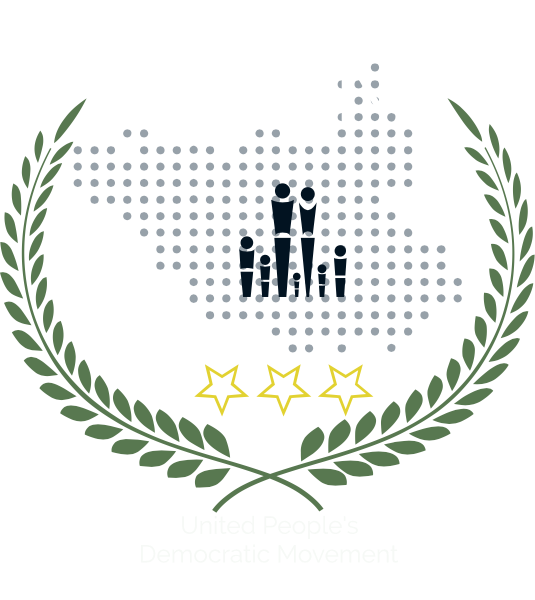I must start by saying, from a power-sharing paradigm, the Khartoum mediators’ latest proposal on power sharing is a decent attempt by a mediation, so far, to try and be in the middle. However, even from a power-sharing paradigm, a closer look at the rationale, the percentages and the distribution of power points reveals serious structural defects that might very likely instigate the demise of the proposed governance arrangements. I proceed to substantiate these claims.
Observations
The third paragraph of the preamble speaks of ‘compensating’ the people. Apart from the disparaging and degrading nature of this word in the context of unprecedented death, destruction and despair, this choice of words is revealing of the philosophy of the process as it is misleading. This compensatory approach fundamentally rewards the hangmen for a job well done.
In addition, this paragraph talks of ‘constitutionalism’. There is nothing constitutional, not to talk, of constitutionalism in a process outside the constitution itself. The transitional Constitution of 2011 which “derives its authority from the will of the people” states that “sovereignty is vested in the people”. Where is the people in this process? This may look trivial in the scheme of things, but when words are used carelessly, you must wonder if the author cares enough.
Furthermore, having committed to the Khartoum Declaration which undermines the sovereignty and territorial integrity of South Sudan, it is meaningless to speak of “preserving the sovereignty and territorial integrity of the country” as stated in the fourth paragraph of the preamble.
Power sharing
In the main, the power sharing formula, within the presidency, remains that of the 2015 Agreement. President Salva Kiir and Dr Riek Machar retain their positions as of status quo July 2016 ante.
There are of course the already stated challenges with this proposal – that, the relationship between these two gentlemen has broken down at personal and professional levels, irretrievably. Even if the two leaders were bold and courageous leaders, and there is no evidence to suggest they are, who are able to rise above their broken relationship and suppress their egos for the sake of the country, many of their aggrieved followers will not follow them into this unholy marriage.
There is a new problem introduced by the Khartoum proposal. According to the proposal, SSOA (South Sudan Opposition Alliance), FDs (Former Detainees) and other political parties shall nominate one of the vice presidents. Structurally, this proposal introduces some form of balance of powers in the presidency.
However, there is the problem of hierarchies within the presidency’s three vices. For example, is the 1st vice president more important than the 3rd?
The number of states
The Khartoum proposal suggests a return to the 21 colonial districts as a basis of determining the number of states. There are good reasons in favour of this proposal. For, instance, the boundaries of the colonial districts are fairly known. However, there are a number of challenges. First, this is the position of IO (SPLM in-Opposition) and abandoning the position of government which is 32 states to that of its main enemy, irrespective of its merit, is problematic in the context of South Sudan.
Second, the question of the system of governance is not about the number of states. It is a question of devolution of political and fiscal powers to sub-national levels, it is a question about segmented autonomy too. The proposal is silent on this vital questions.
My final thoughts
This proposal is made with GoSS and the SPLA/SPLM-IO mainly in mind. In its preoccupation with numerical inclusivity, the proposal creates a governmental entity that is structurally design to fail. Thus, even on the basis of a power sharing model, this proposal is fraught with serious challenges and destined to fail.
Source: Daily Moitor
